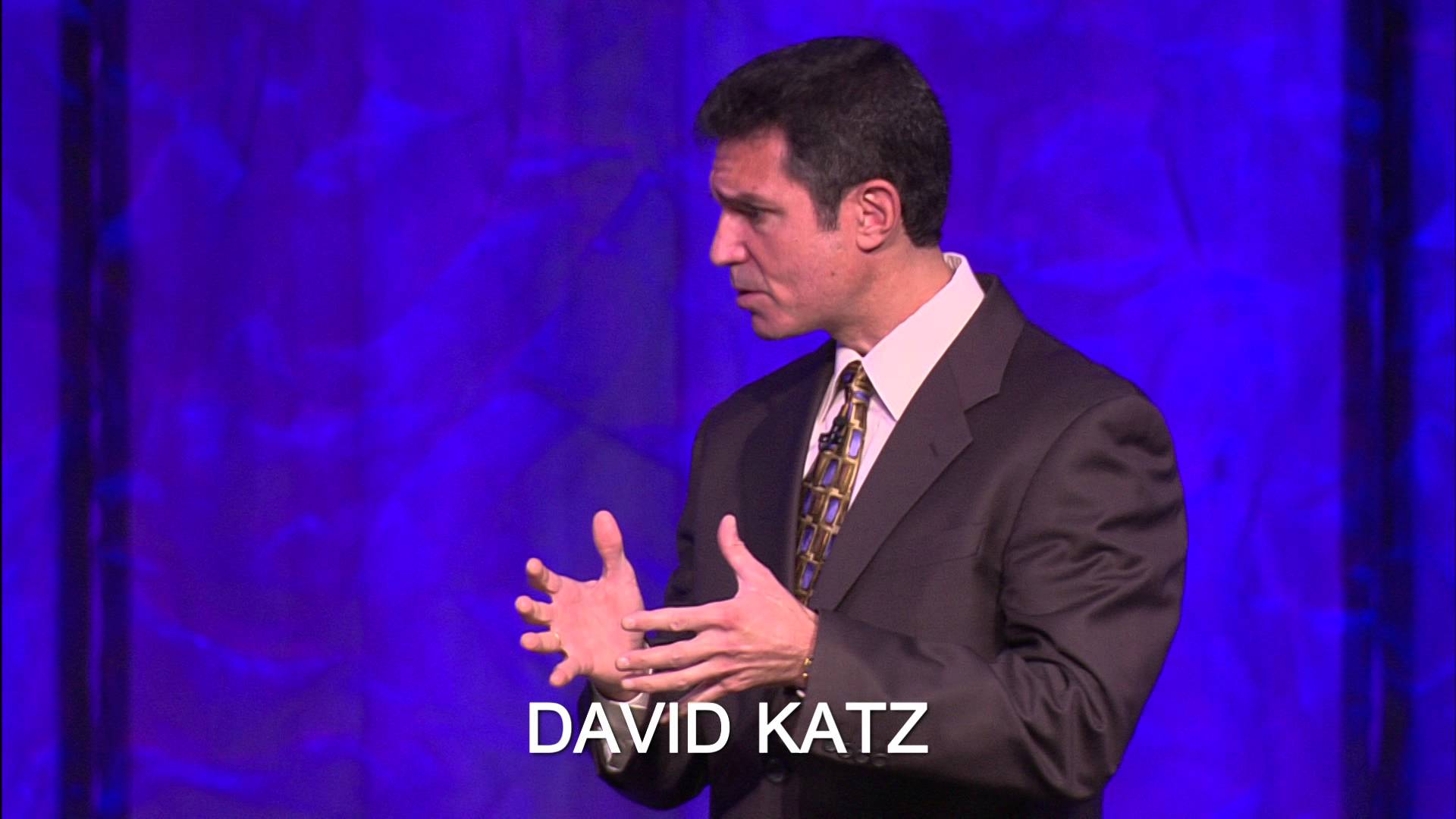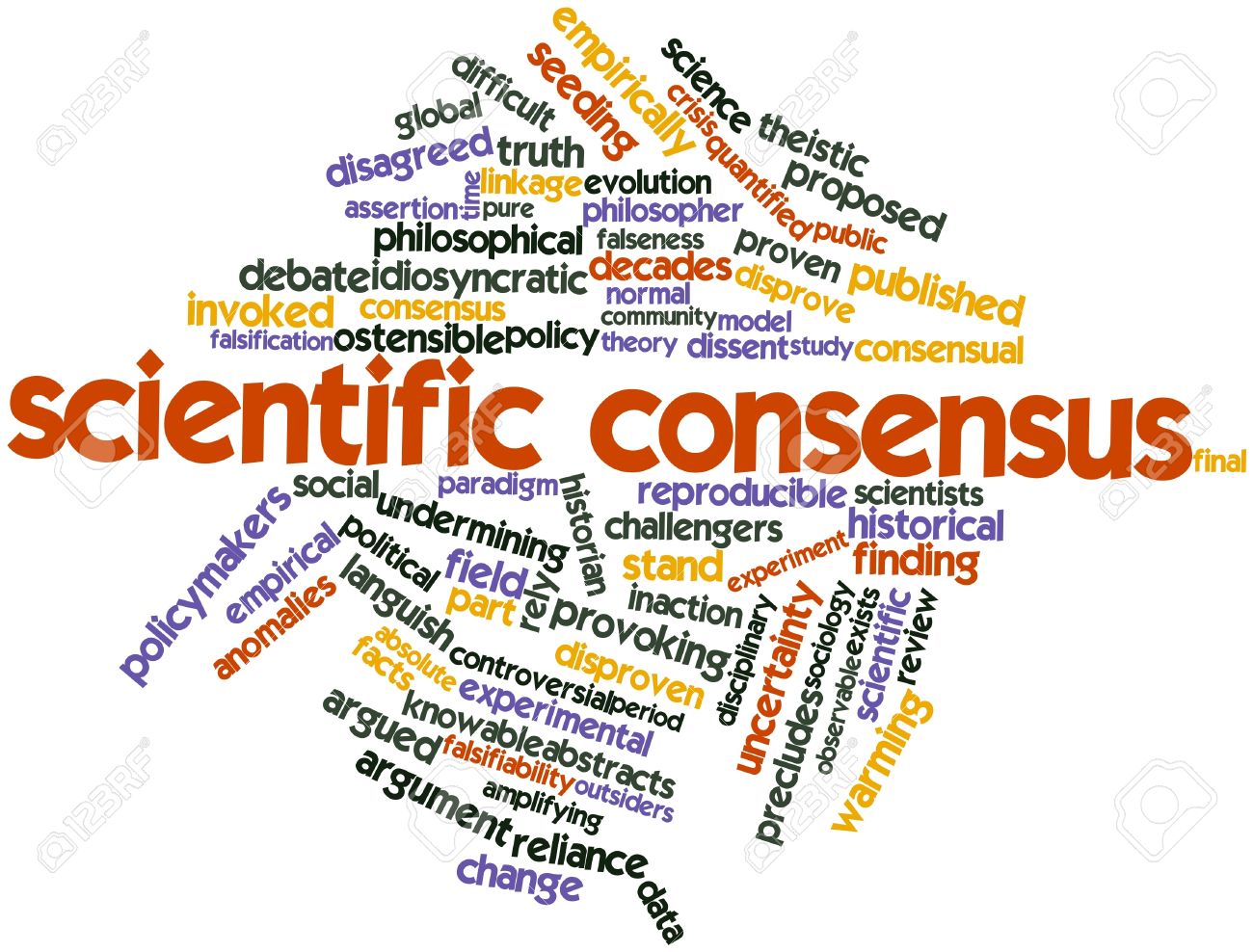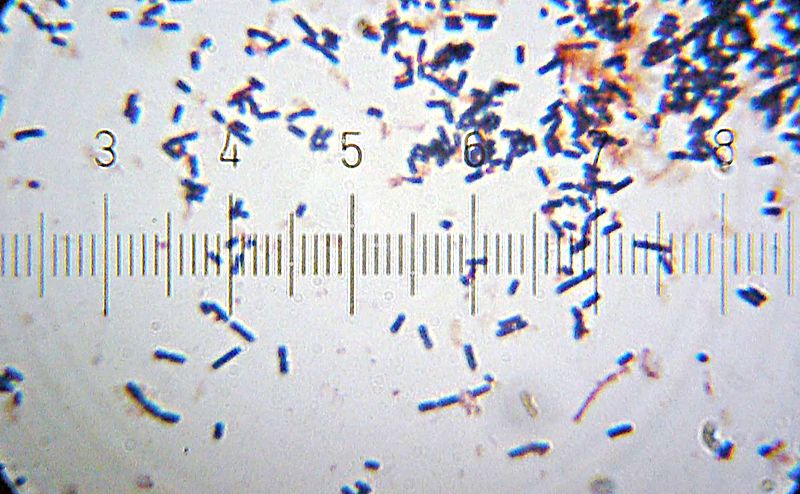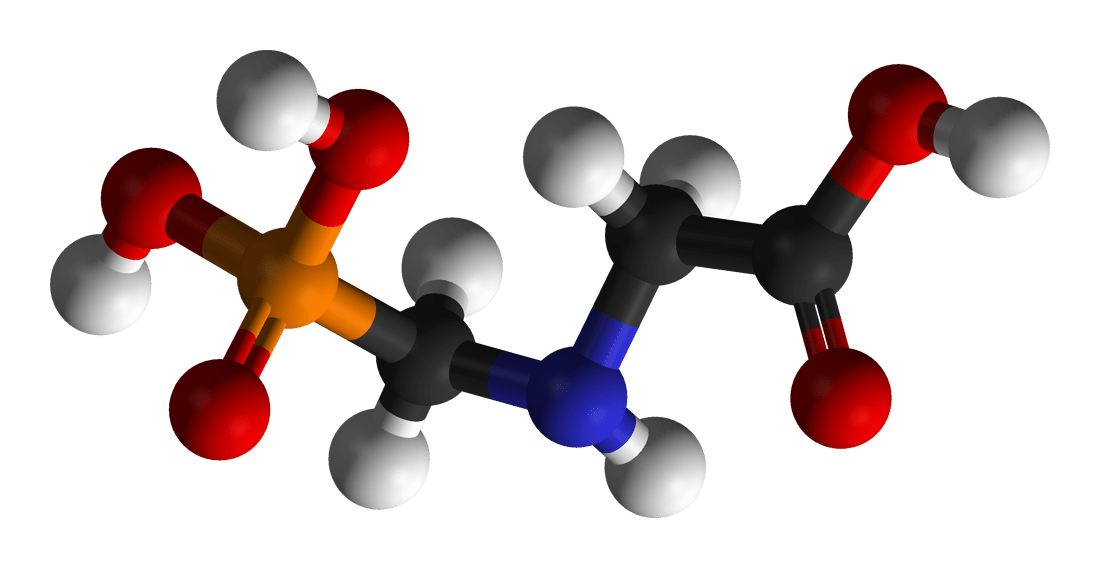Results for: age of autism

Integrative medicine, naturopathy, and David Katz’s “more fluid concept of evidence”
Dr. David Katz is undoubtedly a heavy hitter in the brave new world of “integrative medicine,” a specialty that seeks to “integrate” pseudoscience with science, nonsense, with sense, and quackery with real medicine. In fairness, that’s not the way physicians like Dr. Katz see it. Rather, they see it as “integrating” the “best of both worlds” to the benefit of patients. However,...
Angelina Jolie, surgical strategies for cancer prevention, and genetics denialism (revisited)
Sometimes, weird things happen when I’m at meetings. For example, I just got home from the Society of Surgical Oncology (SSO) meeting in Houston over the weekend. Now, one thing I like about this meeting is that, unlike so many other meetings these days—cough, cough, ASCO, I’m looking at you—at the SSO there wasn’t a single talk I could find about “complementary...

On the “right” to challenge a medical or scientific consensus
While everyone has the "right" to challenge a scientific consensus, overthrowing a scientific consensus takes data. Lots and lots of data. Few people realize how difficult it is.
Evaluating milk and its substitutes
I knew milk alternatives were becoming mainstream when a new bakery/café appeared in my neighborhood. I ordered a latte and learned that they didn’t use milk. At all. Not only were the baked goods vegan, organic, “natural” and some were gluten-free, they were completely dairy-free for their coffee beverages. While everything looked and smelled great, I was shocked that they had no...

Gut Check. Probiotics and Metabiome.
I always cringe when I see an acupuncture headline with ‘needle’ or ‘point’ in the title. Can’t the writer avoid the clichéd pun? I had an editor who commented that the titles of my essays are often obtuse. Probably true. In going back over my essays on SBM I often can’t tell from the title what I have written about until I...
Are skin-lightening glutathione injections safe and effective?
Naturopaths advertise injections claimed to lighten skin. Are these products safe and effective?

Say it ain’t so, Mickey! A holiday measles outbreak makes the happiest place in the world sad
A measles outbreak at the Magic Kingdom? And it's due to unvaccinated children? Say it ain't so, Mickey!

Glyphosate – The New Bogeyman
There is an ideological subculture that is motivated to blame all the perceived ills of the world on environmental factors and corporate/government malfeasance. Often this serves a deeper ideological drive, which can be anti-vaccine, extreme environmentalism, or anti-GMO. The latest environmental bogeyman making the rounds is glyphosate, which is being blamed for (you guessed it) autism. Glyphosate is the active ingredient in...
No, the HPV vaccine does not cause promiscuity
Today’s post isn’t about the flu vaccine, but that vaccine played a part in bringing you today’s topic. It seems that this year’s vaccine is a mediocre match for the circulating strains of influenza, and I was one of the unlucky ones in whom it didn’t appear to provide much protection. After spending several days effectively bedridden, I still feel like I’m...

